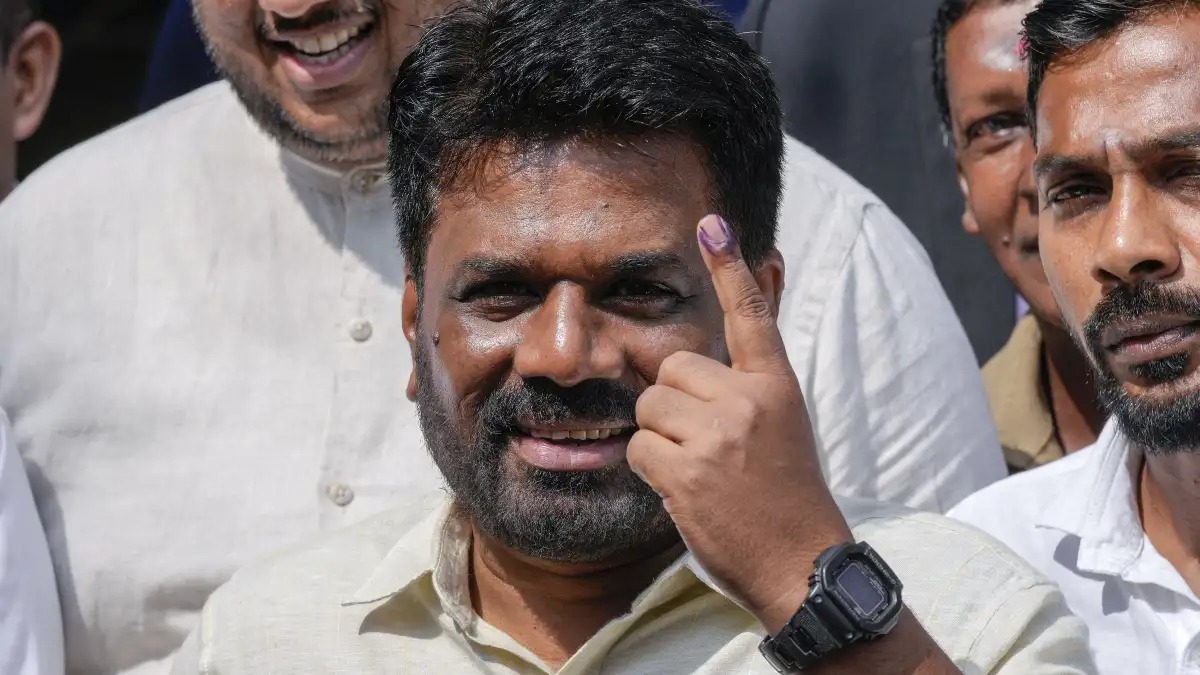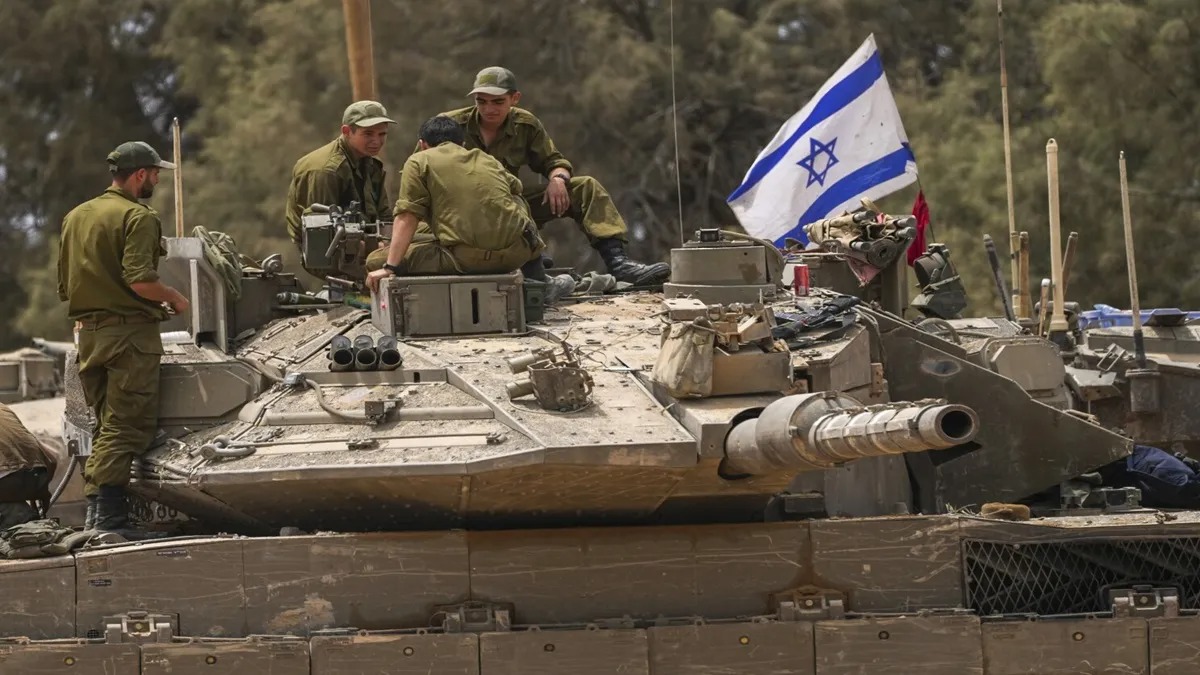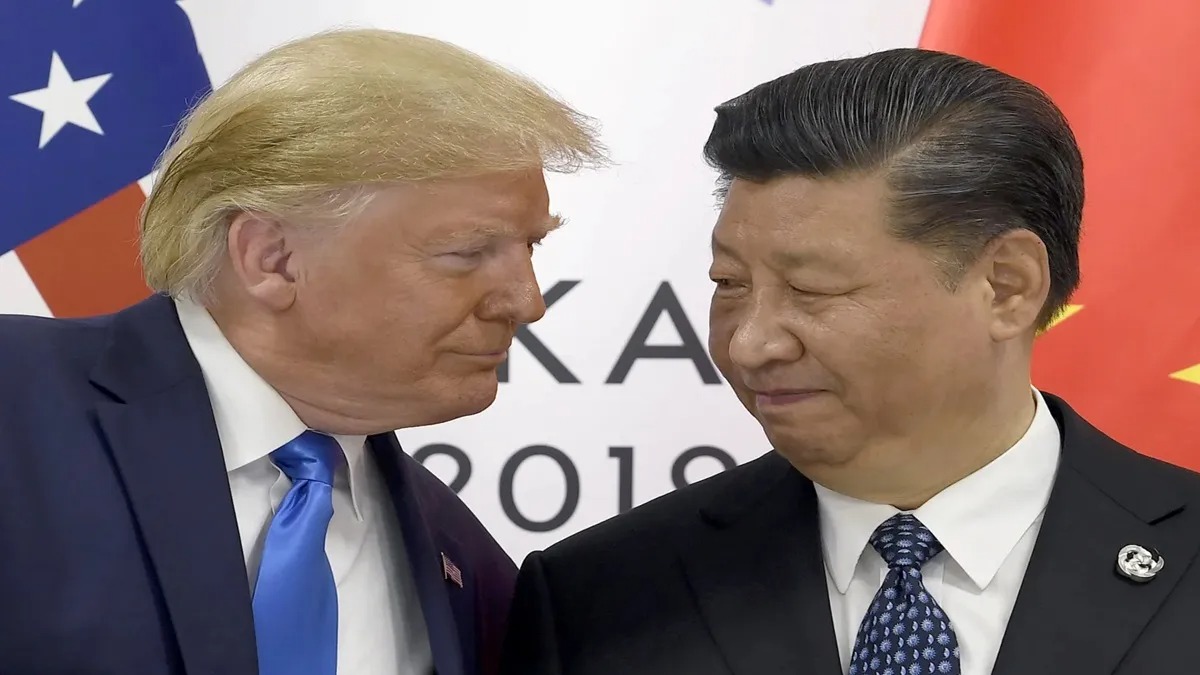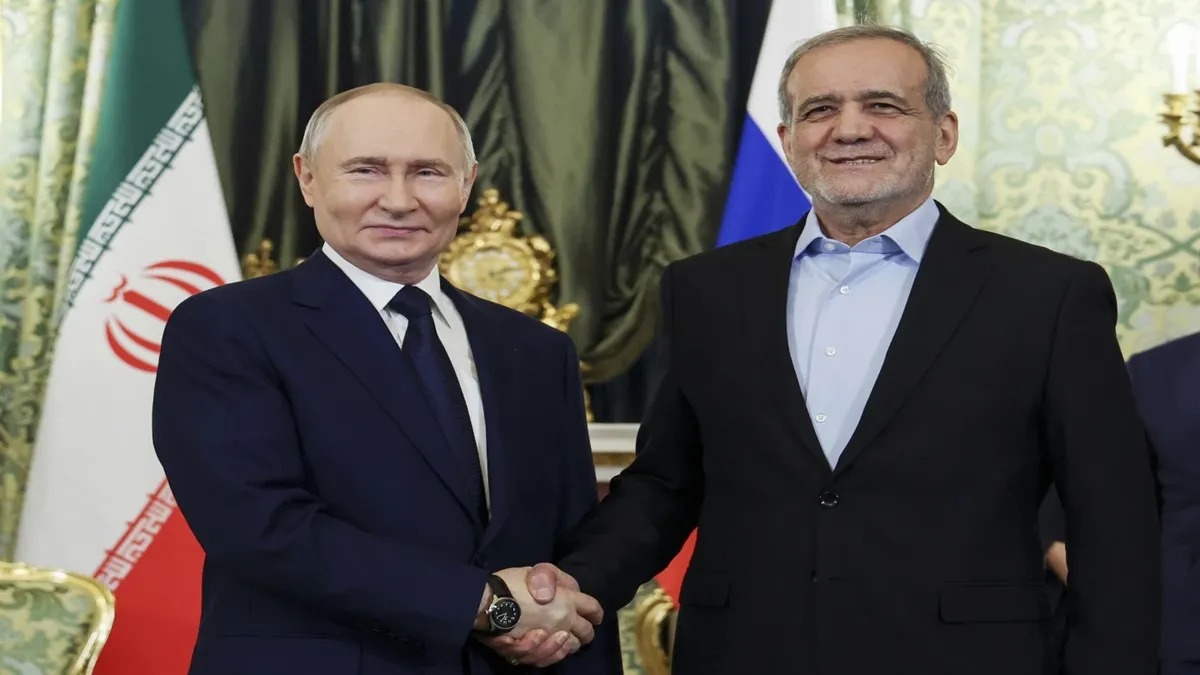
International: The ruling National People's Power (NPP) party led by President Anura Kumara Dissanayake won a majority in the parliamentary election held on Thursday. According to the Sri Lankan Election Commission, the coalition has secured 107 seats.
Dissanayake, a political outsider in a country dominated by family parties for decades, comfortably won the island's presidential election in September. But his Marxist-leaning coalition, the National People's Power (NPP), had just three of parliament's 225 seats before Thursday's election, prompting him to dissolve it and seek a fresh mandate.
NPP won 107 seats
The NPP won 107 seats, receiving almost 62 per cent or 6.8 million votes in Thursday's election, putting them past the majority mark in the parliament, latest results on the Election Commission of Sri Lanka's website showed. A two-third majority appeared within reach of the coalition.
Voters directly elect 196 members to parliament from 22 constituencies under a proportional representation system. The remaining 29 seats will be allocated according to the island-wide proportional vote obtained by each party. "We see this as a critical turning point for Sri Lanka. We expect a mandate to form a strong parliament, and we are confident the people will give us this mandate," Dissanayake said after casting his vote on Thursday.
"There is a change in Sri Lanka's political culture that started in September, which must continue."
Celebrations were largely muted, with the exception of a few NPP loyalists who lit fireworks on the outskirts of the capital, Colombo. Just over 17 million Sri Lankans were eligible to elect lawmakers for a five-year term. A record 690 political parties and independent groups were contesting across 22 electoral districts.
Samagi Jana Balawegaya party of opposition leader Sajith Premadasa, the main challenger to Dissanayake's coalition, won 28 seats and about 18% of the votes polled. The New Democratic Front, backed by previous President Ranil Wickremesinghe, won just three seats.
Sri Lanka's economic woes
Sri Lanka typically backs the president's party in general elections, especially if voting is held soon after a presidential vote. The president wields executive power but Dissanayake still requires a parliamentary majority to appoint a fully-fledged cabinet and deliver on key promises to cut taxes, support local businesses, and fight poverty.
He also has plans to abolish Sri Lanka's contentious executive presidency but requires a two-thirds majority in parliament to implement it. A nation of 22 million, Sri Lanka was crushed by a 2022 economic crisis triggered by a severe shortage of foreign currency that pushed it into a sovereign default and caused its economy to shrink by 7.3% in 2022 and 2.3% last year.
Boosted by a $2.9 billion bailout programme from the International Monetary Fund (IMF), the economy has begun a tentative recovery, but the high cost of living is still a critical issue for many, especially the poor.
Dissanayake also aims to tweak targets set by the IMF to rein in income tax and free up funds to invest in welfare for the millions hit hardest by the crisis.
But investors worry his desire to revisit the terms of the IMF bailout could delay future disbursements, making it harder for Sri Lanka to hit a key primary surplus target of 2.3% of GDP in 2025 set by the IMF.
--Advertisement--

 Desk
Desk Share
Share






